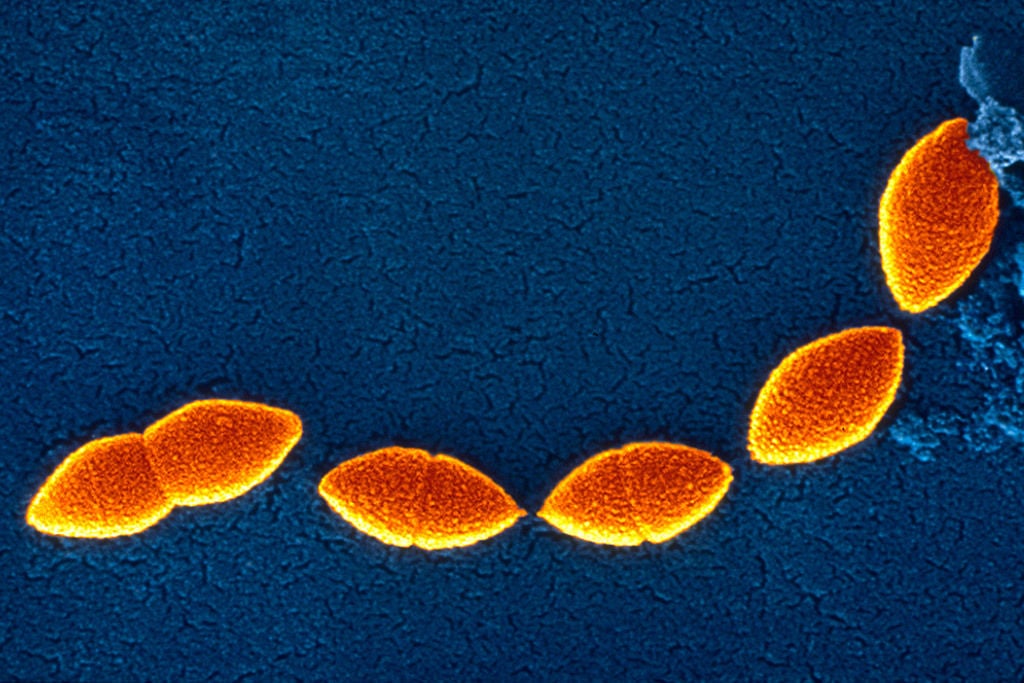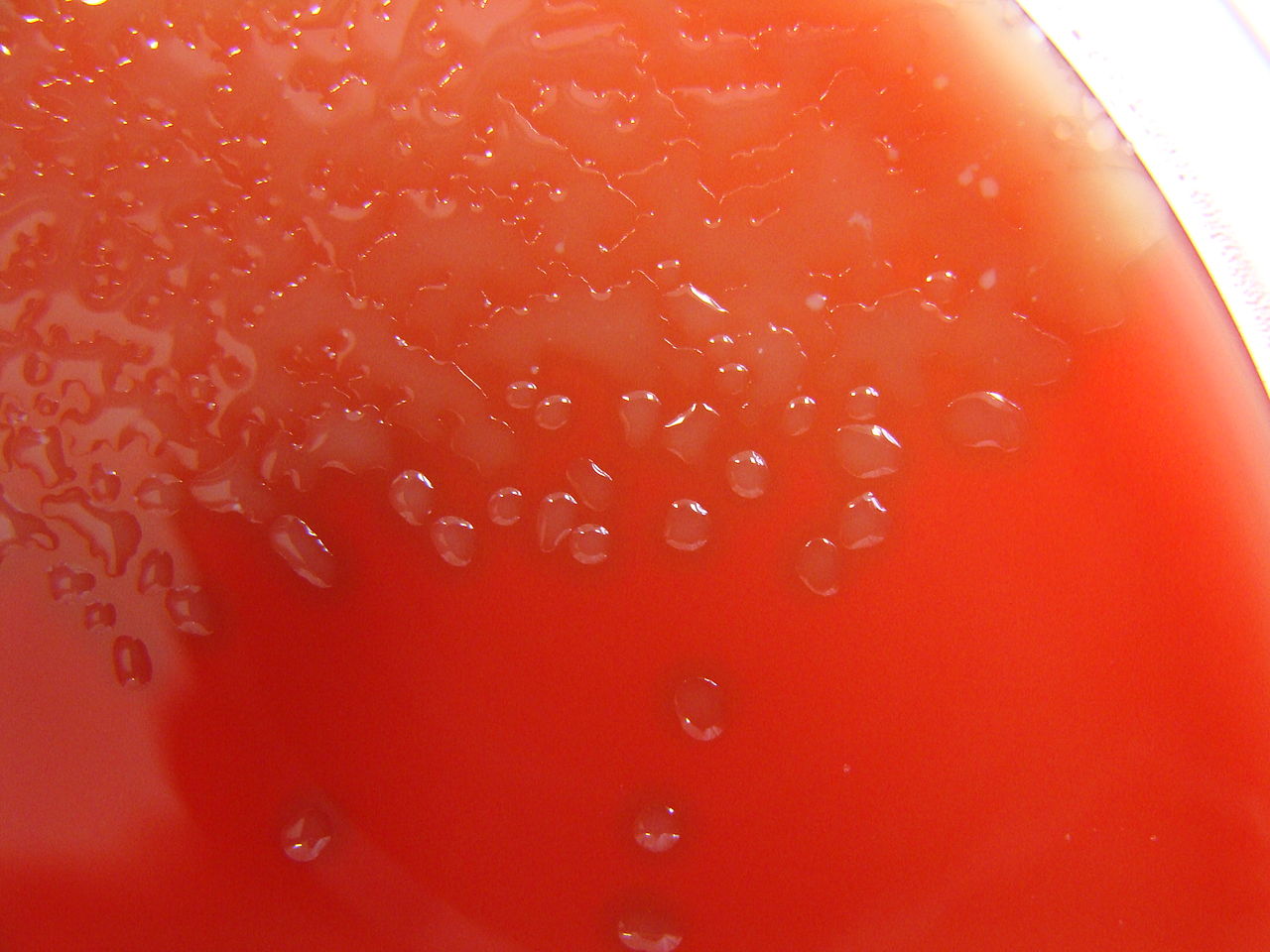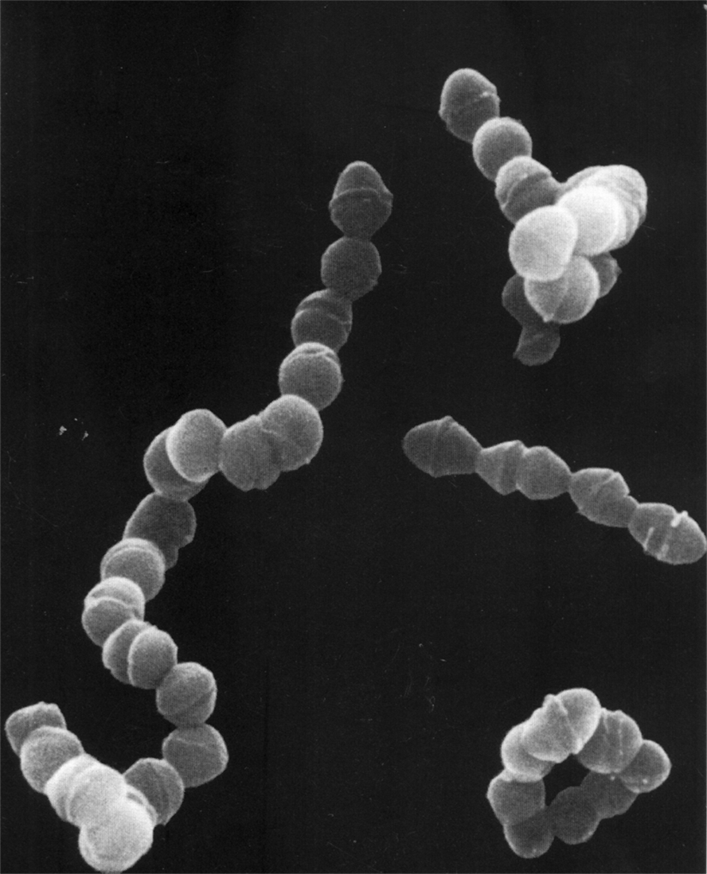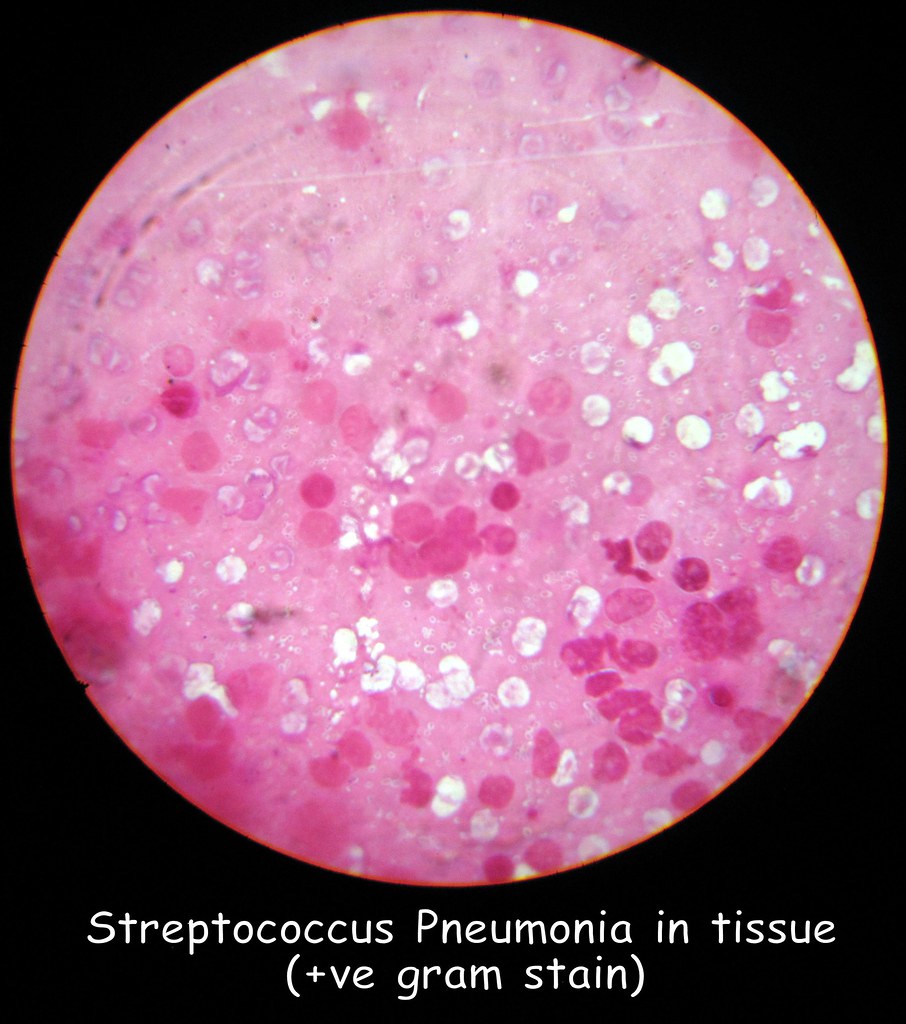Underrated Ideas Of Tips About How To Treat Streptococcus Pneumoniae

Introduction streptococcus pneumoniae (pneumococcus) has long been one of the most prominent bacterial causes of disease in humans and was one of.
How to treat streptococcus pneumoniae. Abstract streptococcus pneumoniae as a complex relationship with its obligate human host. Pneumococcal disease can affect many different systems in your body. Streptococcus pneumoniae bacteria cause pneumococcal disease, but are also commonly found in the respiratory track of healthy people,.
Tests are also available to. Read more , and adverse effects adverse effects pneumococcal disease (eg, otitis media, pneumonia, sepsis, meningitis) is caused by some of the > 90 serotypes of. The overall colonization rate of s.
Data analysis was conducted using stata software version 17. Definitively diagnosing streptococcus pneumoniae infection generally relies on isolating the organism from blood or other normally sterile body sites. On the one hand, the pneumococci are highly adapted commensals, and.
This review provides an overview of the most important novel treatment strategies against streptococcus pneumoniae infections published over the past 10. This review provides an overview of the most important novel treatment strategies against streptococcus pneumoniae infections published over the past 10. The deaths of several children due to a severe form of strep a have led to warnings of a rise in.
Capsular swelling w/ application of quelling antisera [ fig 2 ]. Since the implementation of routine use of the pneumococcal vaccine in children, invasive disease caused by the serotypes in the vaccine has decreased in. It’s contagious and may cause severe illness, so early diagnosis and treatment is important.
Most hospitalized patients should be treated with parenteral antibiotics in addition to medications for pulmonary symptoms, pain medications, intravenous fluids. Management of pneumococcal infections used to be relatively straightforward, and penicillin generally was the antibiotic of choice. The air sacs may fill with fluid or.
Pneumoniae in children aged less than 5 years was 51.2%. Features that should prompt the clinician to consider pneumococcal infection include the following: However, the worldwide emergence of.

















